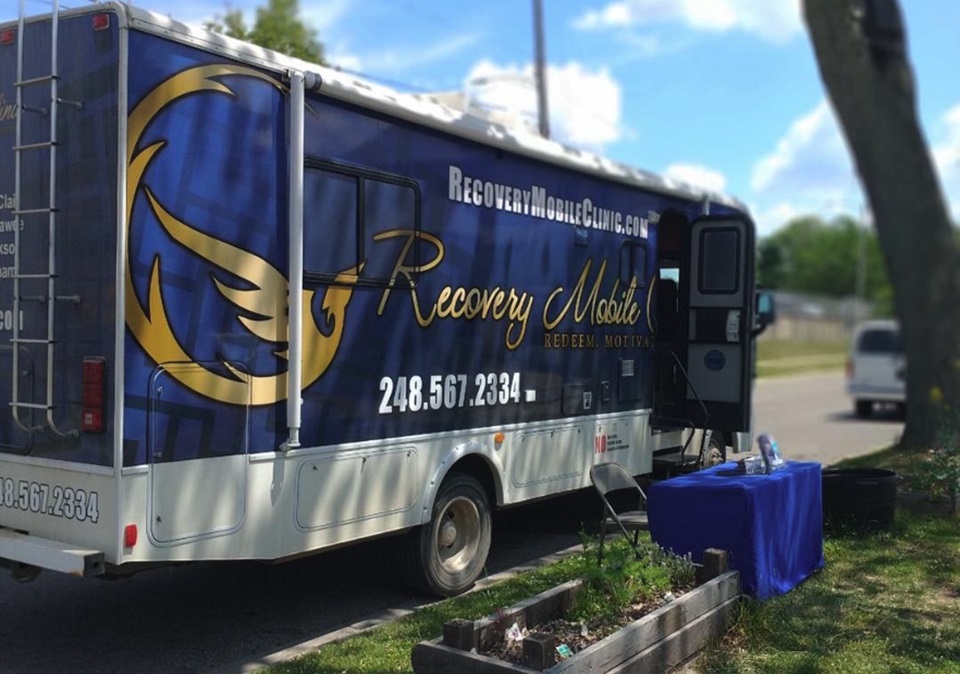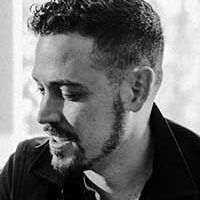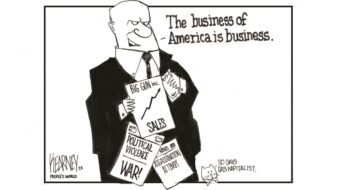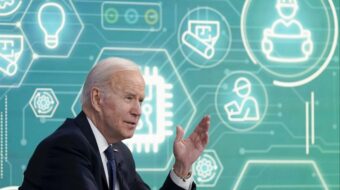
DETROIT—It was announced last month that the State of Michigan would be investing $10 million to address overdoses—most notably from opioids—after a nationwide $26 billion settlement with three major pharmaceutical companies, Johnson & Johnson, McKesson, and Cardinal Health.
After freely distributing opioids for decades, these drug giants, along with pharmacies like CVS and Walgreens, are now having to face the consequences—at least financially.
Deaths from drug overdoses have been on the rise over the last two decades and deaths due to synthetic opioid overdoses, like fentanyl, have been skyrocketing over the last 10 years. Although overdoses in Michigan have not been as high as they were seven years ago, even declining in 2022, the national rate did hit a new record in that same year.
Whether they were ready for it or not, Michigan residents have been brought into the conversation of drug overdoses and addiction.
Billboards have popped up all over the state in the last several years as the opioid crisis demanded increased attention. Although the topic of addiction remains difficult to breach for many, new words and phrases like “narcan” and “harm reduction” are now becoming familiar to both freeway commuters and are often heard in public conversation.

Although the awareness campaigns have been gaining ground, it’s all too easy for many to conclude that the billboards and the new vocabulary are not for them.
“We have to get people talking: The reality is that no one has been untouched by this—everyone knows somebody,” Jordana Latozas, founder of Recovery Mobile Clinic, told People’s World. “Addiction is very much alive and well in our population, and the cure for addiction and mental health is getting people to address the need and treat it early.”
Recovery Mobile Clinic is effectively a primary care office located inside of an RV. Units are now located in several counties across Metro Detroit.
Latozas, a nurse practitioner by trade, started the Recovery Mobile Clinic in February 2020. For anyone starting a new business that year, COVID-19 meant a major change in plans. Latozas and her mobile clinic, however, faced other kinds of challenges.
“When we started the clinic, started going into cities and municipalities, we would tell them we are bringing a mobile addiction clinic into their area, we would get very mixed responses: ‘Oh my gosh, you’re an angel, this is such great work!’ or ‘Go do it somewhere else because we don’t need you here,’” Latozas explained. “They thought I was going to be bringing the problem with me and didn’t recognize the problem was already there.”
“Then COVID hit, and we had to pivot,” she added. “At the time, in Michigan, it was still cold and shelters closed down. They couldn’t house as many people as they were used to, and these people had nowhere to go. So, we started doing COVID tests for the pure intent of getting people into shelters.”
For the clinic, COVID testing curtailed the stigmatized view of recovery and its implied opposite, addiction. This has allowed Latozas to both keep her company afloat and increase the availability of much-needed services.
“The mission initially was to try and increase healthcare access, particularly for individuals who are suffering from opiate and alcohol addiction,” Latozas said. “Even though our mission is still addiction, we lead with primary care and mental health support, STD screenings, and treatments for hepatitis C. We get a lot farther, a lot faster with that model.”
From her previous work in primary care, Latozas was all too familiar with the obstacles many patients face.
“We would lose anywhere from 25-30% of our patients to follow-up because they didn’t have a ride,” Latozas explained. “When you have someone addicted to an opiate, missing an appointment could mean a few things: relapse, overdose, or death.”
“Someone died because they didn’t get a ride to their doctor’s office? That’s not a situation we should be in,” Latozas emphatically explained.
The clinic is working double duty: trying to change how medicine is accessed and righting the wrongs of the past.
“The Recovery Mobile Clinic’s aim is to try to do what should have been done in the first place, which is reaching out to the patients that are struggling the most and providing them help,” Latozas said. “We’re doing what I call ‘transitional medicine:’ Getting the patients that fell through the cracks back into a system that will hopefully start to change and become accepting of them.”
Despite the magnitude of the task she has taken on, Latozas has already been able to see positive results from her work.
“I like to tell a story about a gentleman who we picked up from a shelter in Detroit, and let’s just say he was angry—just not a nice person,” Latozas illustrated. “He came to see us for high blood pressure, but when we did our questioning, we found out he had just been released from jail, was placed in a shelter, all his belongings were stolen within the first week, he had no identity, no Social Security card—he had nothing—and he was stuck in this shelter with no way to get out and didn’t know what to do.”
“We started by getting him set up with a government cell phone; my case manager was able to communicate with him to get him set up with an ID, got him his Social Security card back, got a copy of his driver’s license, his birth certificate, and within two months, he had a job. Within four months, he came back in, was out of the shelter, and had an apartment. He was working full time and had completely turned his life around—oh and by the way, no more blood pressure issues.
“He said he couldn’t believe walking to an RV is what started him down the right path,” Latozas added. “We could have easily treated his blood pressure and pushed him out the door, but we saw the real issue and took the steps to actually help him. That’s what we’re trying to do, that’s the big picture of why we are doing what we’re doing.”

Recovery Mobile Clinic’s efforts are far-reaching, and although it can be too easy to see addiction treatment as an isolated issue, the type of recovery the clinic is trying to provide has broad implications.
A topic that recurs every time a notable celebrity suicide hits the headlines is the one of “reaching out”: Whose responsibility is it? Should those suffering be solely responsible for reaching out when they are in need, overcoming the shame of it all? Or is it on friends, family, and professionals to reach out to those who are at risk, potentially overstepping the line of privacy? This conversation forestalls any shift in how the very “reaching out” happens.
The concern—and accompanying shame—that comes with exposing one’s afflictions and vulnerabilities is also at work when it comes to struggles with addiction. What’s more, is that it’s not just an unaddressed concern of stigmatized issues, it is also inherent to all questions of physical health. Latozas’ clinic seems to reduce this gap in an unexpected way.
Recovery Mobile Clinic has a unit in Detroit five days a week and has partnered with Wayne State’s mobile health unit. They are also in Macomb, Monroe, Oakland, and Genesee Counties.
“We are a non-profit, and we never turn people away for not being able to pay—ever,” Latozas pledged. “We have fundraisers and crowdfunding events to support our patient recovery fund, which sits there until a patient comes in without insurance. We treat them, get them on Medicaid, and reimburse ourselves from that fund.”
It seems that Latozas’ goal is not only to increase access to healthcare, medications, and treatment; the mission is clearly to make these available in a way that they have not been before and to go beyond the immediate obvious addiction issue at hand.
“We go the extra mile so that we are setting them up to succeed when they move on; we don’t just fund the one visit, we try to maximize that support.”
Donations to Recovery Mobile Clinic can be made on its website.
We hope you appreciated this article. At People’s World, we believe news and information should be free and accessible to all, but we need your help. Our journalism is free of corporate influence and paywalls because we are totally reader-supported. Only you, our readers and supporters, make this possible. If you enjoy reading People’s World and the stories we bring you, please support our work by donating or becoming a monthly sustainer today. Thank you!












Comments